Monsoon

The opening aerial shot of Monsoon shows a busy intersection with no markings, and we watch as the traffic finds cohesion in the chaos and people navigate their way forward. One of these people is Kit, played contemplatively by Henry Golding. He has returned to Saigon with his mother’s ashes and is on Vietnamese soil for the first time since fleeing at the age of eight to grow up in the UK. The opening imagery is just one example of the carefully considered symbolism that writer and director Hong Khaou embeds throughout his second feature.
Khaou knows exactly what he wants to say and how he wants to say it, taking his time with many broodingly silent scenes to establish an atmosphere of alienation and loneliness, whilst employing economical dialogue to set up the protagonist. Film is, of course, a visual medium, and through Khaou’s gentle and patient direction and Golding’s masterful use of facial expressions, a vivid picture is painted for us. We often arrive at scenes late and leave early but rather than accelerating the pace – the technique most often used in film and television – here it seems to amplify the atmosphere and further illustrate the themes Khaou is addressing.
The experience of migration and the conflicting identities that come with changing environments is at the centre of this movie, which tackles everything from loneliness and isolation to the different masks we wear according to where we are and who we are with. A scene in which Kit goes on a date with a man named Lewis illuminates the character brilliantly and Parker Sawyers is a joy to watch. His chemistry with Golding is incredibly convincing, from their initial encounter in a bar to a later moment of intimacy. Each character embellishes the themes more than they help progress the plot, but we quickly understand that this doesn’t matter – Monsoon is all about mood and ambience.
Benjamin Kracun’s cinematography encompasses numerous wide shots and, we often pan away from Kit, which connotes a feeling of alienation. Khaou cleverly ensures each Skype or phone call Kit makes is one-sided with only his voice reiterating that same sense of isolation that inhabits Monsoon. Visually, it is incredibly detailed and with the vibrant backdrop of Vietnam, it is, of course, aesthetically pleasing.
The flipside of Khaou’s creative choices is that too much exposition creeps in. We learn of Kit’s backstory through reported action from some of the characters he encounters from his past as well as when he interacts with Lewis. While having Kit’s date ask him questions allows for natural and conversational responses, it also feels like a lazy way of excavating details of our protagonist’s past.
There is not a great deal in terms of plot and this is not a hugely deep and thorough character study in the style of someone like Mike Leigh. Instead, Monsoon’s primary focus is on the human condition and our longing to be embraced and accepted, to be permitted purpose and to gain a sense of belonging. This is a complex, observant yet subdued drama, but much like in the aftermath of a heavy rainstorm, it offers us a slightly altered outlook and a fresh perspective.
Jonathan Marshall
Monsoon is released nationwide on 25th September 2020.
Watch the trailer for Monsoon here:

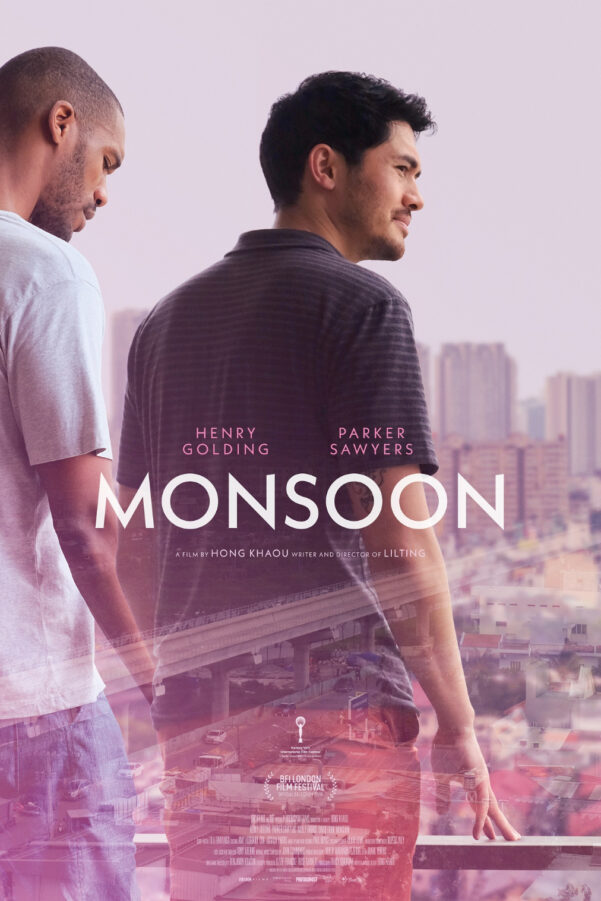




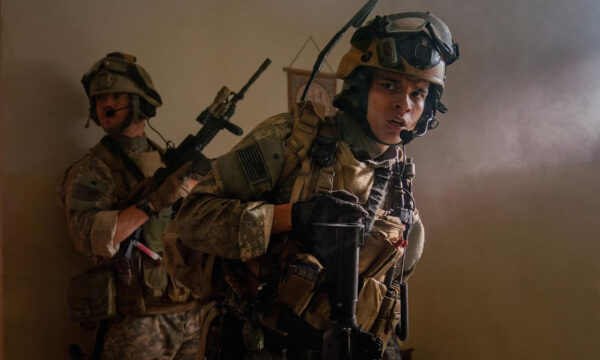
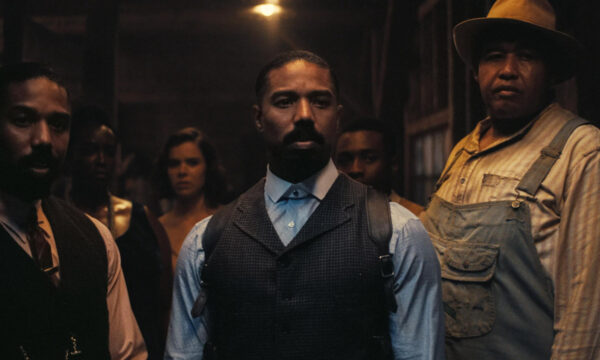
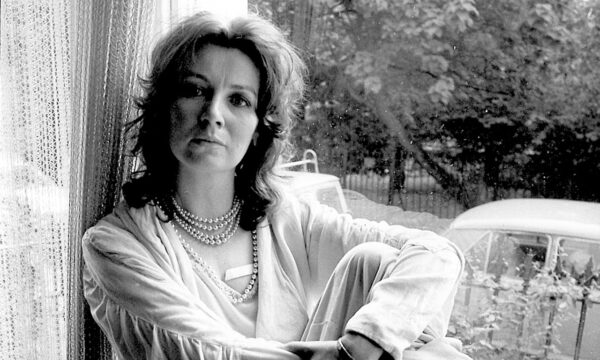

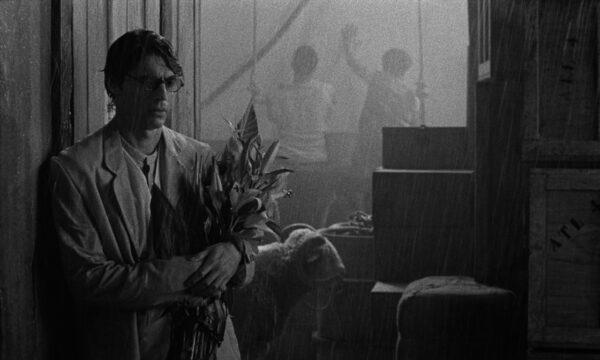















Facebook
Twitter
Instagram
YouTube
RSS